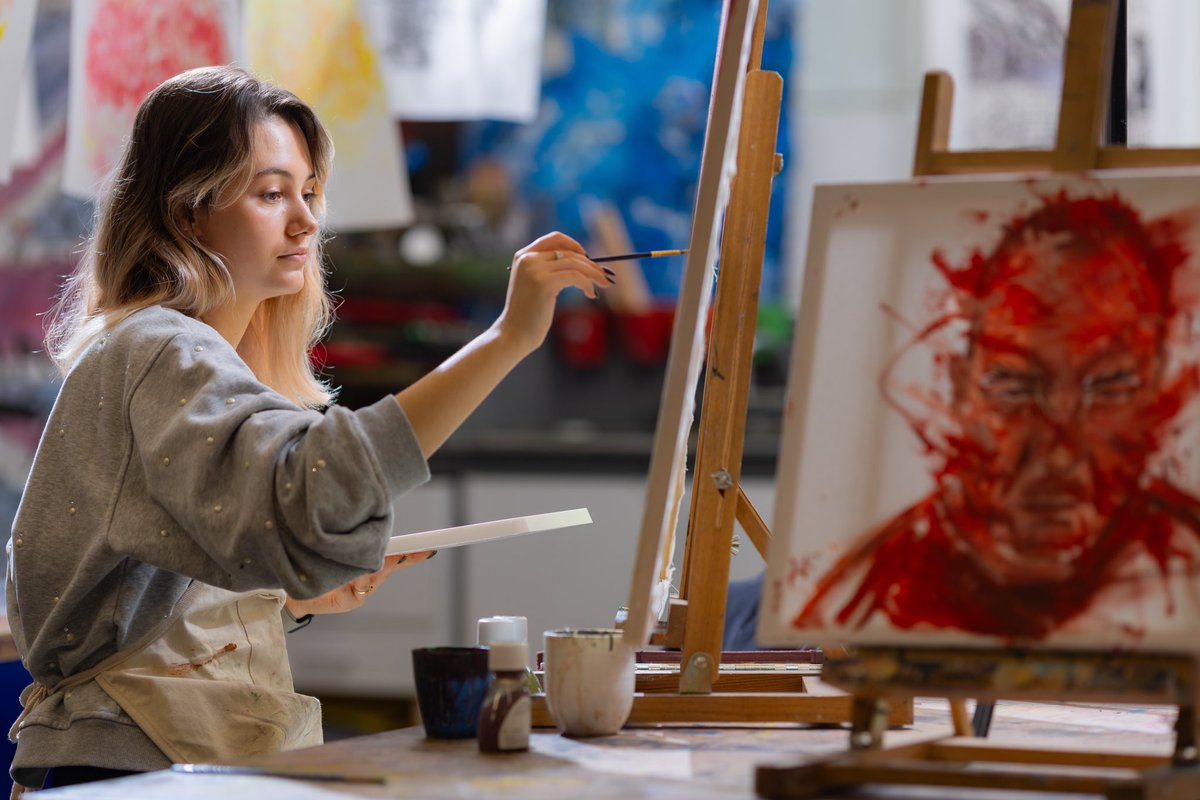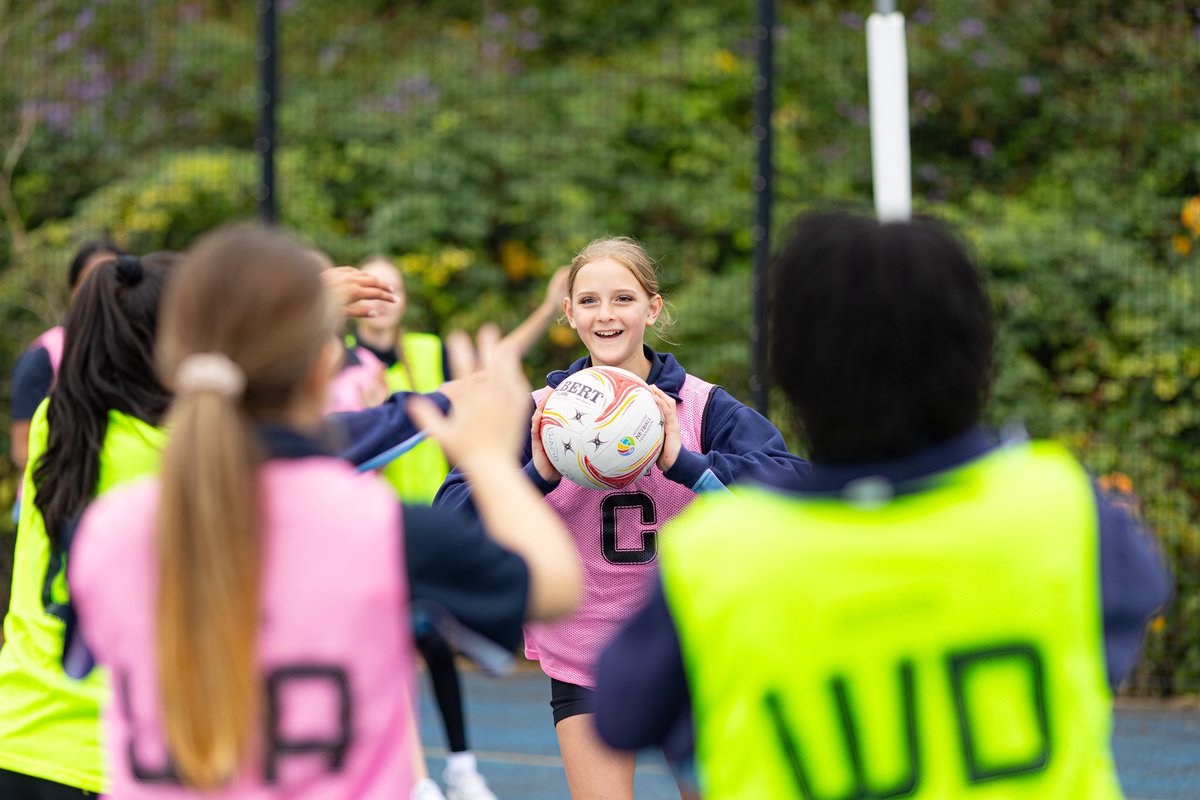Modern Foreign Languages
KS3-5 Modern Foreign Languages Curriculum Philosophy
Through our languages for all approach to teaching all abilities, the Modern Foreign Languages Department is committed to providing a meaningful learning experience for all students. We believe that learning a language should be accessible for all students. We aim to equip students with the confidence, lexicon and grammatical foundations to allow them to express their ideas and opinions, to seek information and to respond to speakers of the language studied. This is enabled though the 3 pillars of phonics, vocabulary and grammar and the skills of listening, speaking, reading and writing. Through this we are fostering students’ curiosity and deepening their understanding of the world and of other cultures, in a multi-lingual and multi-cultural world.Our curriculum aligns with the Aims and Subject Content of the KS3 National Curriculum and GCSE and A level Subject Content.
MFL KS3-4 Thematic Implementation
Organisational aspects:
-
Each year of study is based around 3 themes. With 1 theme per term, we are able to go deeper into the theme as well as recycling concepts, high frequency words, transferrable language, grammar and skills whilst reinforcing the use of accurate phonics.
-
We aim to have students revisit familiar topics in order to consolidate language, whilst always pushing linguistically and intellectually deeper. This results in a familiarity upon which students can build with confidence whilst also providing new, stimulating and related content and ideas.
-
We teach grammar explicitly from year 7, so that students can gain an understanding into the mechanics of the language as they progress through their learning journey.
Year 7: Students begin their language learning with an introduction to the phonic system of the target language. Throughout each lesson this is revisited alongside new sets of language chunks to create both productive and receptive linguists. The first year of study at secondary level focuses on ensuring that students have a firm understanding of the three pillars of language learning: Phonics, Vocabulary and Grammar. They will build on these three concepts and apply them in a range of contexts such as describing themselves and others, giving personal information, giving and justifying opinions on free time activities and describing their daily life in school.
Year 8: In year 8, students will add to their knowledge of present tense verb conjugation learned in year 7, by increasing their knowledge or common irregular verbs and forming the past and future tense. They will also increase their fluency and spontaneity as they learn to use their language skills in transactional conversations such as providing and accepting invitations, giving excuses, ordering in cafés and restaurants. Themes covered will include local area and travel, past holidays, technology and television. They will also deepen their cultural knowledge through use of film and music.
Year 9: In year 9, students will consolidate their understanding and application of the three verb tenses learned in years 7 and 8 by showing that they can switch between tenses and link their ideas in both written and conversational language. Their grammatical comprehension of the three key tenses, as well as the frequent use of infinitive phrases in language, and other concepts that have no English equivalent (such as adjectival agreement) will be increasingly confident, thus allowing them these techniques to written and spoken work. Their phonetical knowledge will be consolidated allowing them to read unseen texts and decipher phrases and vocabulary at closer to native speed.These techniques will be taught through the themes of the wider school, the world of work, sports and leisure, free time entertainment, family and relationships and role models.
Year 10: In year 10 pupils will begin their GCSE course. They will build on the foundations of KS3 and begin to master more complex language features such as comparatives and superlatives, reflexive verbs, further infinitive clauses, prepositions and the imperfect and conditional tenses in order to describe town and region, healthy lifestyles, festivals and traditions and holidays. Students will develop their translation skills, understanding that target language structures and idioms cannot be translated literally. They will become confident communicators in a range of scenarios, both transactional and descriptive, and be able to answer questions on a wide range of subjects.
Year 11: In year 11 pupils will deal with more complex topics such as the environment and social and global issues. They will be able to give and justify opinions using a variety of structures. Students will learn to tackle longer, more complex texts of different styles and be able to recognise known language in new situations and replicant this in their own written and spoken work. They will confidently use a variety of tenses in order to express themselves, narrate their past experiences and express their plans for the future. By the end of year 11 pupils will be equipped with the skills and powerful knowledge to be successful in public examinations, to have empathy and curiosity for other cultures, to communicate with the world around them and to continue their language studies to A level.
KS5: At A level, students build upon their linguistic and cultural learning from GCSE. In the first year, aspects of the social context are studied, together with aspects of the artistic life of French/Spanish/Chinese-speaking countries. In the second year, further aspects of the social background are covered, this time focusing on matters associated with multiculturalism. Students also study aspects of the political landscape including the future of political life in the French/Hispanic/Chinese world by focusing on young people and their political engagement.
Students enhance their linguistic skills and promote and develop their capacity for critical thinking based on their knowledge and understanding of the language, culture and society of the country or countries where the language is spoken. They develop control of the language system to convey meaning, using spoken and written skills, including an extended range of vocabulary, for both practical and intellectual purposes as increasingly confident, accurate and independent users of the language.
Over the two years of study, they also develop their ability to interact effectively with users of the language in speech and in writing, including through online media, and develop language learning skills and strategies, including communication strategies to sustain communication and build fluency and confidence. Students study a film in Y12 and a book in Y13, learn how to structure their analysis in an essay and engage critically with intellectually stimulating texts, films and other materials in the original language, developing an appreciation of sophisticated and creative uses of the language and understanding them within their cultural and social context.
The course also requires Y13 students to independently research an aspect of the target language country/countries which they find particularly interesting. Students are being offered enrichment sessions and a debate club that develops their speaking skills and help them be more informed about social background, artistic life, and politics for example. Through the study of A level, students are well-prepared to develop fluency in the target language and go on to degree level study.





















